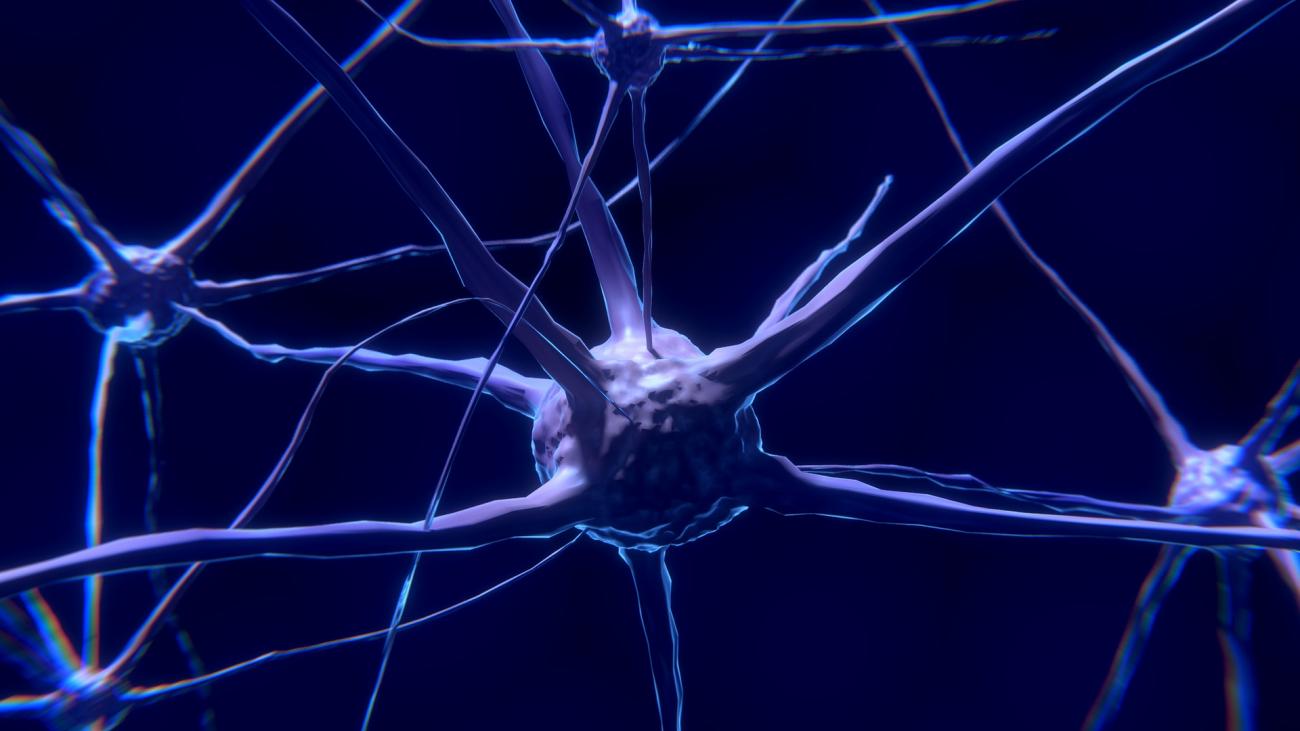Dr. Rupesh Chillale's research interests include neural mechanisms of perception and attention in the auditory system. He is interested in studying how sensory and perceptual features are processed along the cortical hierarchy. He aimed to study
- Neural encoding of auditory categorization
- How does the auditory system flexibly process sounds under different contextual conditions?
- Sequence processing in auditory system and speech comprehension.
Dr. Rupesh uses diverse methods and techniques using animal models (ferrets) and human subjects. He is trained on animal models using behavior, extracellular recordings, computational and mathematical modeling techniques to answer specific questions in system neuroscience. He is also involved in projects that uses human EEG to study speech comprehension and imagery speech processing.
Areas of Interest
- Auditory Perception, Language Processing
- Computational Neuroscience
- Speech Comprehension
Degrees
-
Ph.DComputational Neuroscience
-
M.ScPhysics
My research interests are based on neurocognitive mechanisms that underlie auditory perception and speech comprehension. I believe that understanding these complex processes requires an interdisciplinary approach that bridges computational modeling, experimental neuroscience, and advanced data analysis.
Interdisciplinary Integration: At the core of my research philosophy is the integration of computational techniques with empirical neuroscience. By combining mathematical modeling with electrophysiological measurements from both human subjects and animal models, I aim to create comprehensive models that can simulate and predict neural behavior in response to various auditory stimuli. This integration allows for a more nuanced understanding of how the brain processes and categorizes sound, which is crucial for both basic science and potential clinical applications.
Innovation through Experimentation: I am committed to pushing the boundaries of traditional methodologies by developing and applying innovative experimental techniques. For example, my use of EEG to decode speech processes involves not just passive listening but active participation in speaking and imagining speech. This approach helps in uncovering the dynamic interplay between different modalities of speech interaction within the brain, providing insights that are inaccessible through conventional methods.
Collaboration for Advancement: I firmly believe in the power of collaborative research. Working across disciplines and with researchers from diverse backgrounds enhances the scientific inquiry and leads to groundbreaking discoveries.
Ethical Considerations and Societal Impact: I am also deeply aware of the ethical implications of neuroscience research. I ensure that all my research projects are conducted with the utmost ethical standards and consider the broader impacts of my work on society, particularly in terms of potential applications in healthcare and technology.
In summary, my research philosophy is driven by a commitment to interdisciplinary research, innovative methodological approaches, collaborative exploration, and ethical responsibility. Through these guiding principles, I aim to advance our understanding of the brain's ability to process and interpret complex auditory signals.
Current Students
Former Students




